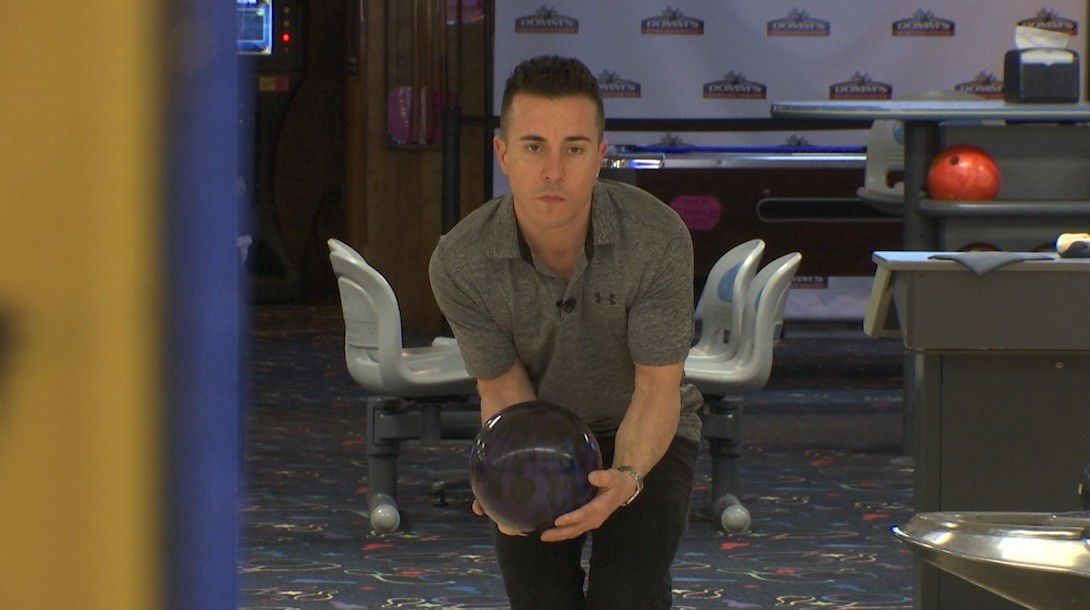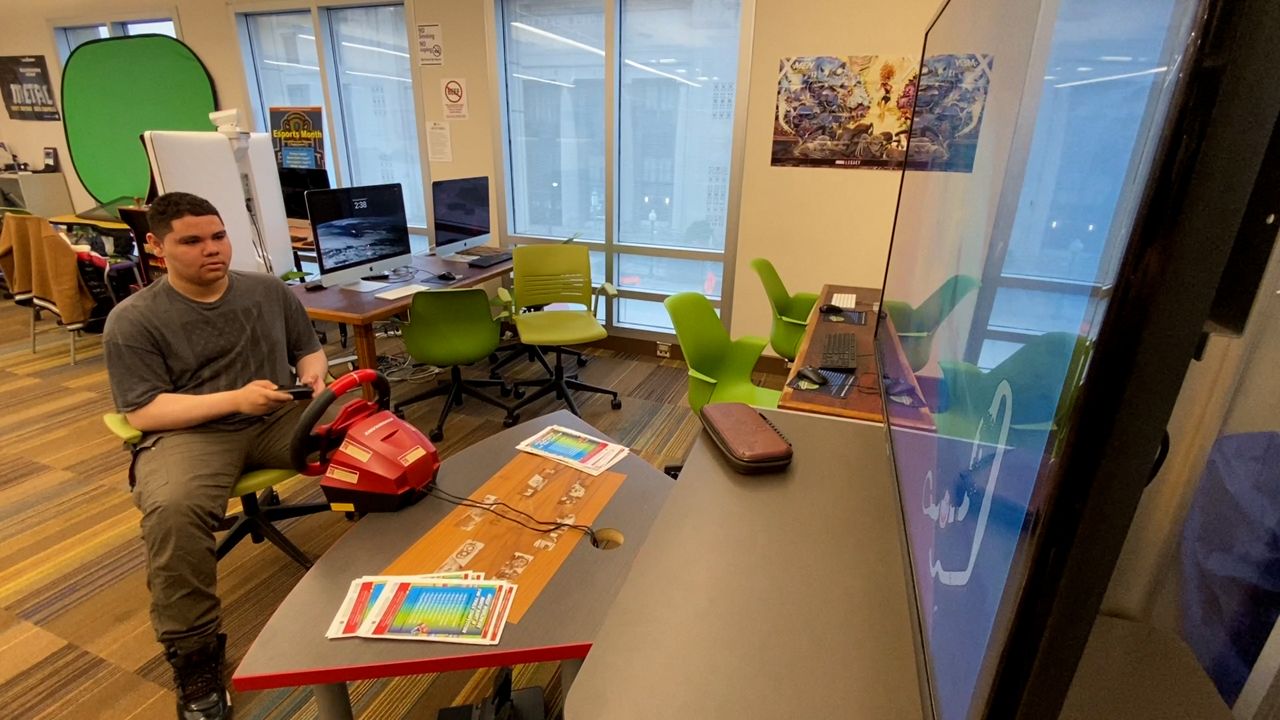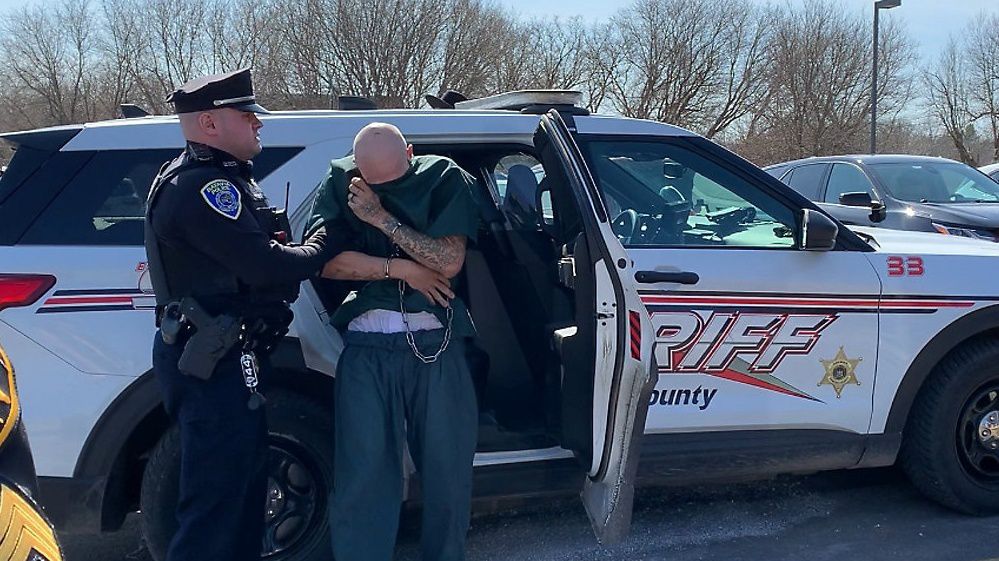ROCHESTER, N.Y. — It all began in Florida, where James Polaski and his friends decided to try golf. They quickly fell in love with it, but one critical mistake was made — he didn't wear a hat or sunscreen.
"Eighty percent of the time, it's bright sun when you're playing golf. One of my friends, after all the years, he's a dermatologist, said 'what's going on with your face?' He took samples and he found that it was skin cancer," said Polaski, a skin cancer survivor.
The type of skin cancer James has is called squamous cell carcinoma. Squamous cells are thin, flat cells that look like fish scales and are found in the tissue that forms the skin's surface. According to the Skin Cancer Foundation, an estimated 1.8 million cases of SCC are diagnosed in the U.S. each year.
"I thought if it went into my brain, I'd be dead," Polaski added.
Polaski credits his life to his medical team's quick action to treat the cancer.
"They go into the skin and they take out what they feel they have to. They found cancer and it was ... they got rid of it," Polaski said.
Last month, the skin cancer came back and Polaski underwent another treatment.
"I had five things that they had to dig out here. I had 25 stitches and not a mark on my face; those people are incredible," said Polaski.
While we may want to relish the joys of summer and outdoor activities, wearing long protective gear and sunscreen can protect us against the sun's harmful rays.
"There are two main types of sunscreens, those that are chemical blockers or physical blockers, and it doesn't really matter which one you use. So using a sunscreen that's specially formulated for the face is going to go on easier. It's going to look good, it's going to feel good, it's not going to run into your eyes when you're sweating," said Franki Lambert Smith, associate professor of dermatology at the University of Rochester Medical Center.
Polaski says he looks forward to hitting the golf course again soon, this time with a hat and sunscreen.
"Always wear a hat with protection and sunscreen. If you don't, you're risking your life," Polaski added.










